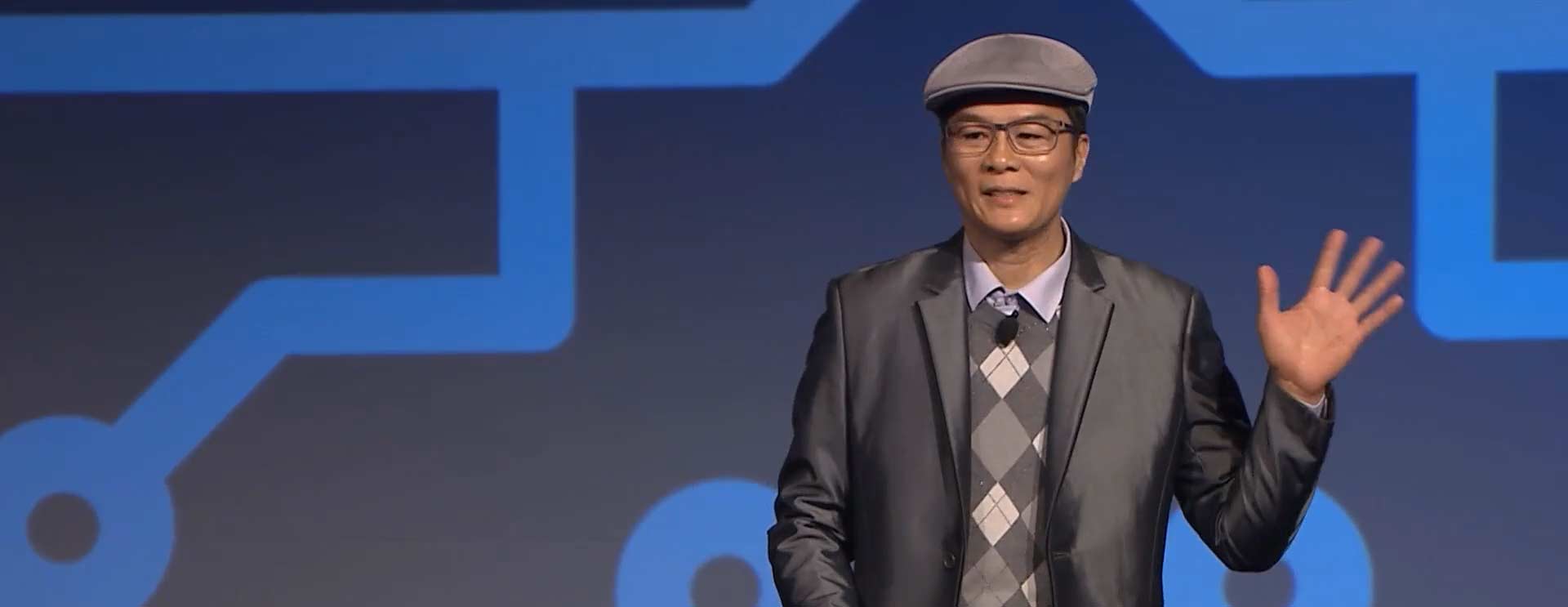
Author: Scott Bideau
-

After many great sessions, a few final interviews for my upcoming State of KM report, and numerous casual conversations at TSIA World Interact in Orlando, I left the conference with increased certainty about one topic I have been thinking a… Read More
-

Building Trusted AI
How can confidential information like PII, financial data, and intellectual property be protected in an artificial intelligence world? Aaron Fulkerson, founder of Mindtouch, former ServiceNOW GM, and current CEO of Opaque Systems, discusses privacy-preserving solutions, even in highly regulated industries like… Read More
-

Generative AI: Prompt Curation, Management, and Sharing
Prompts are valuable content assets that should receive careful attention. They serve as the new currency and intellectual property in your organization. In this session, Jason Kaufman, President of Irrevo, discusses how to apply knowledge management best practices to capture,… Read More
-

Tactical Implementation Ideas for Generative AI
Now that we’ve completed the 101 and 201 classes for Gen AI, let’s go beyond the hype and talk about tactical, real-world uses of implementing Generative AI within knowledge management and support, including concepts like: 1. How to automatically summarize information from multiple documents… Read More
-

Generative AI: LLMs, Vector Databases, Retrieval Augmented Generation, and More
Our last session, Inside the Minds of Generative AI, was the most popular yet. So we followed that up with this 201-level class, including a deeper dive into LLMs and an overview of Vector Databases, Retrieval Augmented Generation (RAG), and… Read More
-

Generative AI: Beyond ChatGPT – Inside the Minds of Gen AI
What exactly is generative AI, how does it actually work, is it truly intelligent, why does it hallucinate, and how can businesses use this technology? In this KM Best Practices session, some of the best minds in the space address… Read More
-

John Ragsdale on Why KM Programs Fail, Support Culture, and more
John Ragsdale is a distinguished researcher and the vice president of technology ecosystems for TSIA. He recently shared a wealth of knowledge with me, including how he started in support and KM, why vendors aren’t finding success with support improvements,… Read More
-

David Kay on the KCS Evolve Loop, Measuring Deflection, and More
I had the pleasure of catching up with David Kay to celebrate the 20th anniversary of his consulting firm, DB Kay & Associations. We had fun discussing a wide variety of topics, including what exactly is KCS, how the evolve… Read More
-

The Past, Present, and Future of KM with John Chmaj
Many consider John Chmaj to be one of the “fathers of Knowledge-Centered Support.” In my interview with him, you’ll see his copy of the first draft of KCS (now called “Knowledge-Centered Service”), learn some great historical context about knowledge management,… Read More
-

Our Worst KM Mistakes!
Knowledge practitioners share the worst decisions they’ve ever made in Knowledge Management so that you can learn from our mistakes! Read More